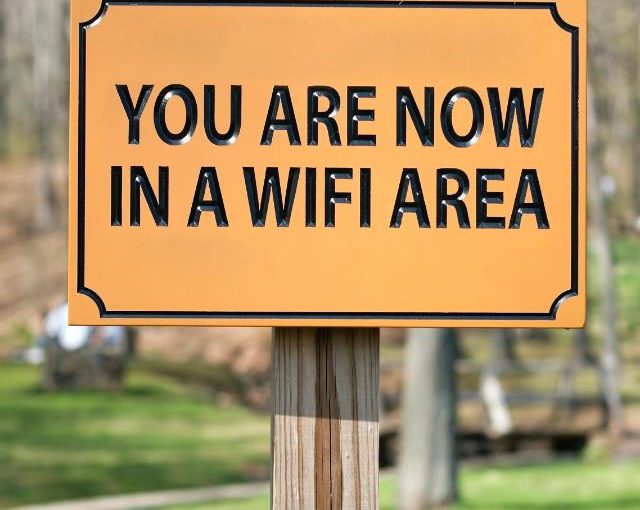The Victorian free public WiFi initiative is an unknown commodity but the potential benefits could be great for all Victorians, according to RMIT researchers.

Victoria lags in the public WiFi space, compared with Europe, North America and Asia.
Dr Ian McShane, Senior Research Fellow at RMIT’s Centre for Urban Research, said the initiative represented a shift in the relationship between public and private in the public WiFi space.
“Ten years ago, private providers were firmly opposed to public entry into the telecommunications area,” he said.
“Now they see it as an opportunity to ease some of the congestion on the 3G and 4G networks.
“So data can be offloaded onto public networks and the telecommunication companies can give priority to the premium voice services.
“State and city governments, for their part, now see public WiFi as part of the basic suite of urban infrastructure.”
The free public WiFi initiative is a partnership between the state government, local city councils and the private sector.
The outcome of a tender for the initiative was announced late last year, with Australian telco iiNet awarded a $6.7 million contract for the largest trial of public WiFi in Australia.
Melbourne, Ballarat and Bendigo will be part of the pilot, slated to run between three and five years, with free WiFi access available to the general public around the cities central business districts and tourist attractions.
McShane, who is head of the Public WiFi in Australia research program, said Victoria was “lagging” in the public WiFi space in comparison with Europe, North America and Asia, where private and state-funded programs have operated for a number of years.

Dr Ian McShane is exploring the possibilities of free public WiFi
“I think the initiative’s delayed introduction has actually been to Australia’s advantage, because we have seen some of the difficulties that came about elsewhere and have learnt from them,” he said.
San Francisco was one city that endured problems while setting up a public WiFi network, due to political disagreement and a failure of private and public financiers to agree on the terms of the project.
At the Victorian pilot’s launch last year, former state premier Denis Napthine said the aim was to “create a consistent WiFi experience, expanding broadband connectivity to boost productivity, service delivery and quality of life for residents and visitors” that would also help draw more businesses and entrepreneurs to Victoria.
McShane said it was difficult to predict the benefits of the concept, calling the government’s commitment to the program an “innovation-led approach”.
“When the internet itself became public, I think it had a specific intention that was located in Cold War politics and geo-politics at the time,” he said.
“The US government had invested in the concept to diversify its communications networks throughout the Cold War.
“But as it developed, the possibilities of having that kind of open resource became absolutely apparent.”
McShane will continue to explore the possibilities of the free public WiFi concept after recently receiving more than $289,000 in Australian Research Council funding.
He was the recipient of a prestigious Discovery grant for the project Public WiFi as Urban Infrastructure – the Australian Case, which will be used to study rationales for public WiFi provision by examining the social, economic and civic impacts of the networks’ use.
He said that likely benefits around the public WiFi program included civic engagement, increased economic activity and, importantly, accessibility.
The latter is increasingly important as many social and essential services, including most banking systems and Centrelink, have transferred their customer service programs online.
“Financially disadvantaged people, who have WiFi-enabled mobiles but have trouble affording a prepaid or subscription plan, will have greater access to the network and the internet,” McShane said.
There is also a possibility the initiative could ease the high price of data and phone plans in Australia.
“Data plans are expensive in Australia, and you could see public intervention as one way of placing some downward cost pressures on private telcos, or at least supplementing commercial services,” he said.
The Wireless City Project, investigating the provision of public WiFi in Australia, is funded by the RMIT Global Cities Research Institute.
The Public WiFi in Australia Research Program was also recently awarded funding from the auDA Foundation, a charitable trust aimed at enhancing the internet’s utility for Australian citizens.
The funds will be used to research public WiFi data security and legal risks for consumers using free public WiFi in Australia.
Originally published on RMIT News.





